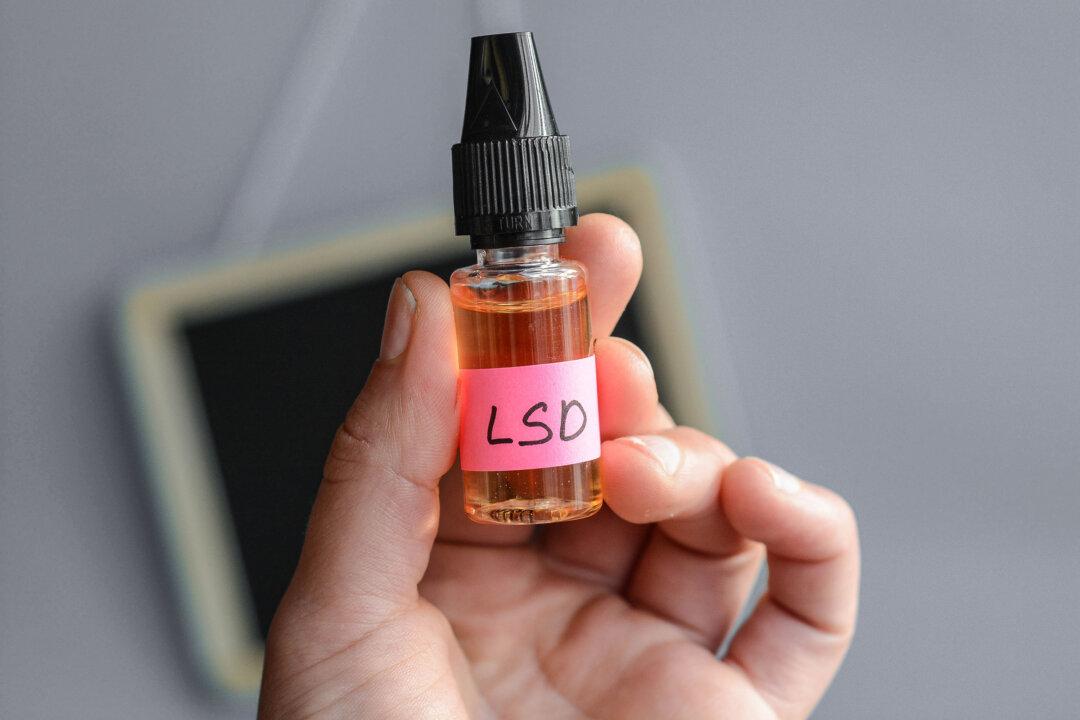Supplementing with zinc may not prevent the common cold, but evidence suggests it could reduce its duration by several days, according to a systematic review.
When researchers broke down the studies, they found there may be little or no reduction in the risk of developing a cold when supplementing with zinc compared to placebos. However, a review of eight studies of 972 people found that taking zinc may reduce the length of cold symptoms by about two days.
At the same time, the researchers said they had little confidence in the evidence showing zinc could positively impact the severity of cold symptoms.
“The evidence on zinc is far from settled: we need more research before we can be confident in its effects,” said senior author Susan Wieland, an assistant professor at the University of Maryland School of Medicine in a Cochrane news release. “Future studies should adopt standardized methods for administering and reporting treatments and defining and reporting outcomes. Additional studies focusing on the most promising types and doses of zinc products and using appropriate statistical methods to assess outcomes that are important to patients will enable us to understand whether zinc may have a place in the treatment of the common cold.”
As for adverse events, common side effects potentially due to zinc supplementation reported during the trials included unpleasant taste, loss of smell, vomiting, stomach cramps, and diarrhea. No serious adverse events were reported. Still, researchers said the potential benefits of taking zinc should be balanced against side effects.
What Is Zinc?
According to the National Institutes of Health, zinc is an essential mineral involved in many biological processes, including immune function, wound healing, DNA synthesis, and cell division. It also affects a person’s ability to taste and smell.Trial Differences May Explain Review Findings
Although the recent Cochrane review included 34 trials, they varied in many ways. The trials used different types and dosages of zinc and various methods of administration. Seventeen of the 34 studies used zinc lozenges. Some studies used zinc acetate, while others used zinc gluconate and orotate. The dosages varied from 45 to 276 milligrams per day. One study administered zinc gluconate intranasally and in conjunction with oral zinc orotate.Additionally, there was no consistency in how the outcomes were measured or reported. Some trials used a fixed time window and asked participants if they still had a cold at the end. Others measured the time between symptoms starting and resolving, and each study defined this slightly differently. Most of the studies did not monitor individual symptoms, such as sore throat, cough, or fever, so there was “insufficient evidence to draw any reliable conclusions about specific symptoms,” according to the Cochrane news release. The methods used to test whether zinc was effective also varied significantly.
Finally, some studies did not adequately report how people were randomly placed into treatment groups, which could account for the differences observed between study groups.






